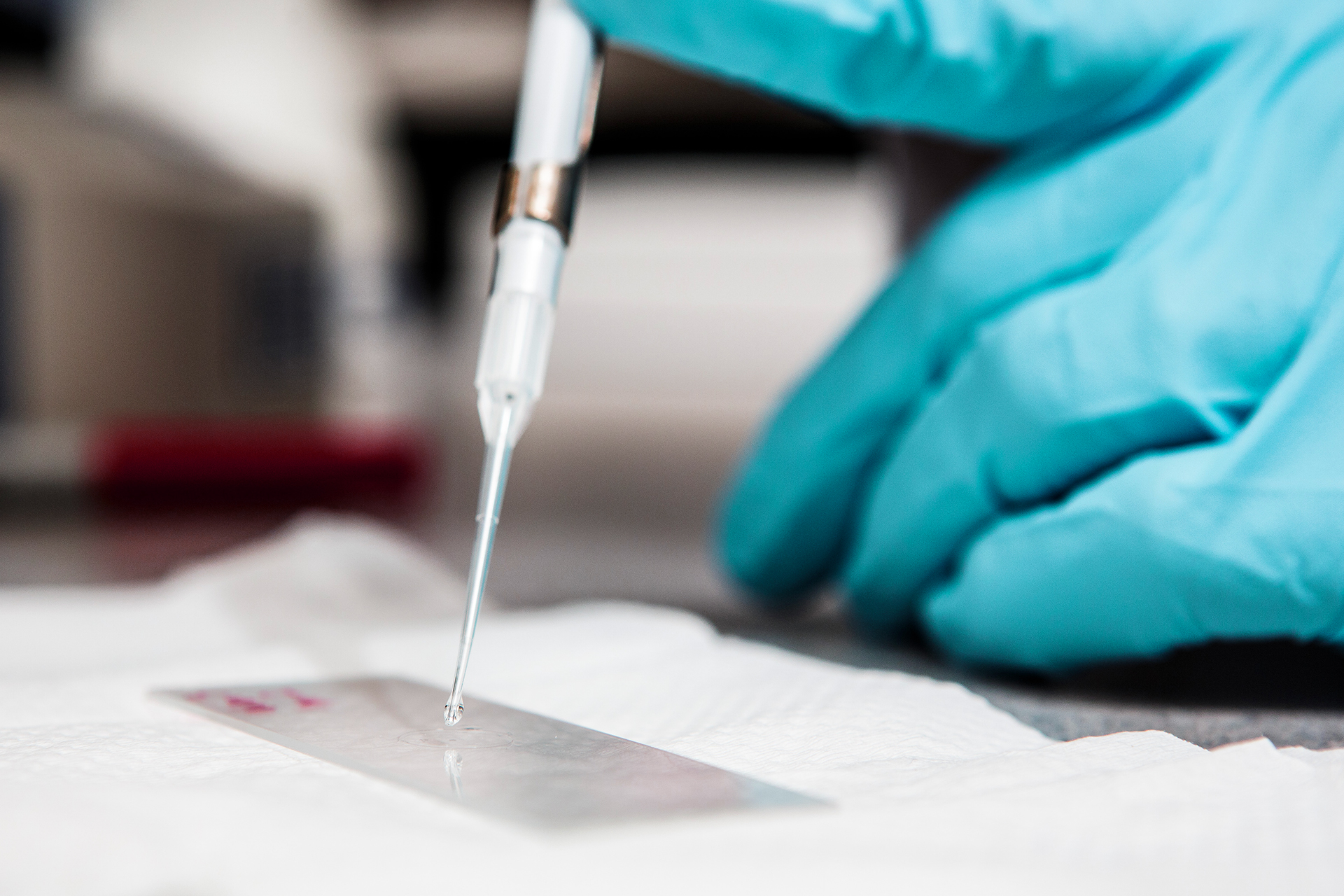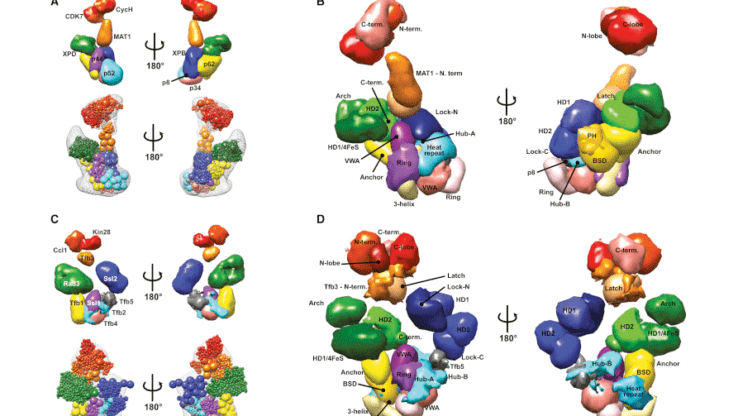
RESEARCH OVERVIEW
The Ranish lab studies the complexes that control expression of protein coding genes at the level of transcription.View→

GET IN TOUCH
We are always looking for new lab members, collaborators, and research opportunities.Contact→

The Ranish lab studies the complexes that control expression of protein coding genes at the level of transcription.View→

We are always looking for new lab members, collaborators, and research opportunities.Contact→



In the cellular process of differentiation, information about the concentrations of an important class of proteins residing in a cell’s nucleus has been lacking, a missing link needed for scientists to fully understand how the process works. ISB researchers have quantified this important class of proteins that play a key role in the formation of red blood cells.

The Innovator Award Program at Institute for Systems Biology is an annual internal initiative started in 2017 that aims to stimulate creativity, innovation and collaboration within ISB, to provide funding support for high-risk, high-reward projects, and to develop new technologies and discoveries that will impact the entire research organization.

We are pleased to announce the promotion of Jeff Ranish to Professor. Jeff has been a pioneer in the fields of mass spectrometry and gene regulation. His impressive history of innovation in mass spectrometry technology has produced novel protein-crosslinking approaches to identify large scale protein-protein interactions in complex mixtures. He has applied the innovations to important biological problems, resulting in notable findings such as the characterization of multiple topological and…

Congratulations to Dr. Jie Luo, of the Ranish Lab, who has been promoted to senior research scientist. From Dr. Jeff Ranish: Jie Luo is an extremely dedicated and talented scientist. When he joined ISB in 2006 as a postdoctoral fellow, he had no experience in mass spectrometry-based proteomics. Now he is a leader in the field of structural and functional proteomics. He has conceptualized and implemented several innovative proteomics strategies…

General transcription factor TFIIH plays central roles in gene transcription and DNA repair ISB researchers and collaborators map the architecture of the TFIIH complex using powerful crosslinking-mass spectrometry (CXMS) technology and integrative modeling Structural maps provide critical insights into how mutations in TFIIH subunits lead to disease phenotypes By Jie Luo and Mark Gillespie The expression, or transcription, of genes controls the identity and function of a cell. DNA damage…